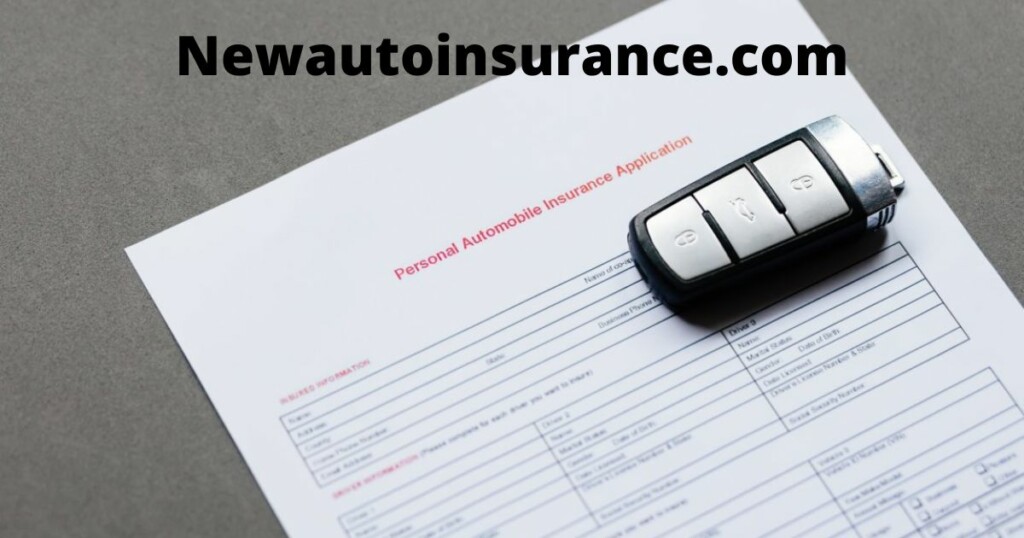
If you sell your automobile or switch insurance carriers, you should make sure your former insurer is aware of the change.
If you need to cancel your auto insurance policy, there are a variety of reasons why you would do so. For example, it’s possible that you no longer own the automobile in question. Alternatively, you may be relocating to another state, or you simply wish to switch to a less expensive insurance provider. It doesn’t matter what your motivation is; the procedure should be relatively simple. Here’s how to go about it—as well as how to avoid some of the dangers.
IMPORTANT TAKEAWAYS
- You have the right to cancel your automobile insurance policy at any time.
- If you intend to keep your automobile, make additional insurance arrangements as quickly as possible to avoid a coverage gap.
- Nearly all states require drivers to carry at least a basic level of auto insurance coverage.
How to Cancel Your Auto Insurance Coverage
There is a range of options for canceling your insurance policy, depending on your insurance company’s requirements.
- Contact your service provider: Most large insurance firms merely need clients to speak with an insurance representative to cancel their auto insurance coverage. Typically, the phone number will be printed on your insurance card or available on the company’s website or mobile application. This is frequently the shortest approach, though you may still be required to sign a cancellation notice or other documentation for it to be considered adequate.
- Submit your cancellation via mail or fax: If your insurance provider is more traditional, you may need to mail a cancellation letter to their office or directly to the corporation.
- Pay a visit to the office: If the insurer has physical sites in your area, you may be able to swing by and complete the paperwork there.
- Instruct your new insurer to handle the situation: The company can help you through the cancellation process if you’re transferring to a new insurance carrier. It can even start the process and walk you through it from start to finish.
It’s important to note that you don’t want to let your insurance policy go without notifying your insurer that you’re canceling. In that instance, the insurer may continue to bill you and record your inability to pay to the credit agencies. This will negatively affect your credit score.

What Happens If You Decide to Cancel Your Auto Insurance
When you cancel your auto insurance coverage, your insurer will certainly tell your state that the policy no longer covers you and your vehicle. Given that it is illegal to drive without insurance in practically every state, your state’s department of motor vehicles may require you to prove that you have either sold the car or obtained additional insurance. Unless you react, the state has the authority to suspend your registration and driver’s license. You may also be forced to return your license plates in some states if you have been issued them.
- If you still have coverage, your insurer may issue a prorated return of your most recent premium. However, if you want to cancel your insurance before the end of the term, some insurers demand a cancellation fee. However, if you wish to cancel your insurance before the end of the period, some insurers require a cancellation fee.
- If you’re switching insurance providers, make sure you have a new policy in place before canceling the old one. Also, let the new insurer know when your existing coverage expires so they can prepare. In many states, driving without automobile insurance is against the law and can result in fines. Also, if you have an active auto loan or lease, advise your lender of your new insurance provider.
- If you’re canceling your coverage because you’re relocating to a different state, keep in mind that you’ll likely provide evidence of insurance when you register your vehicle in that state. Various states have different requirements for the types and amounts of insurance that you must carry.
What Happens If Your Insurance Company Decides to Cancel Your Auto Insurance?
No, you are not the only one who has the authority to cancel your auto insurance policy. The insurance carrier can also cancel it.
However, this only occurs in rare circumstances. The Insurance Information Institute states that if your policy has been in effect for 60 days or more, the insurer cannot cancel it unless one of the following conditions is met:
- You did not pay the insurance premium.
- You committed insurance fraud or made material misrepresentations in your application for insurance.
- A driver’s license revocation or suspension has been issued in your case.
Click here to learn more about auto insurance or get your coverage now.